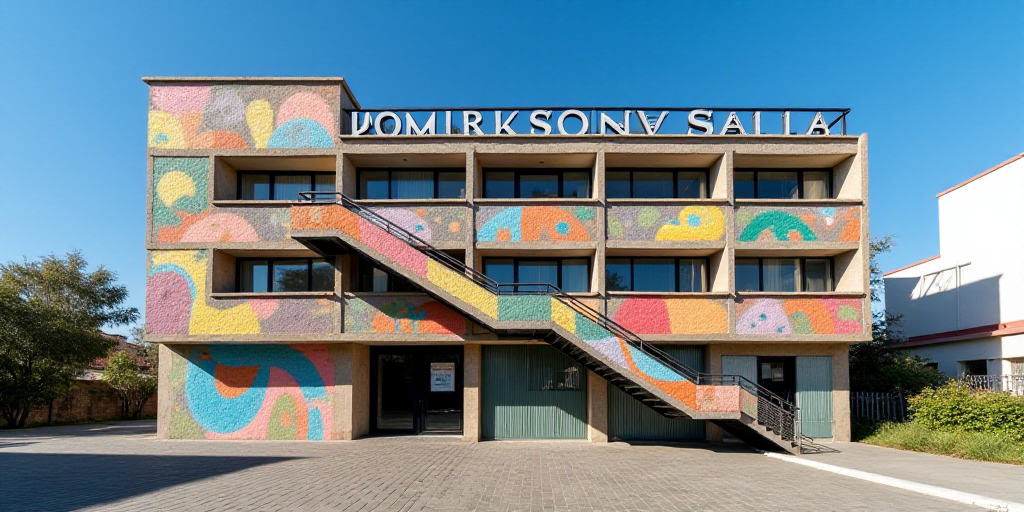Background on Nayib Bukele and His Current Term
Nayib Bukele, the 44-year-old president of El Salvador since 2019, was reelected in 2024 with an impressive 85% of the votes, granting him near-absolute control over all state powers and institutions. This has led to accusations from the opposition that his administration is a “dictatorship.” Bukele’s popularity stems from his successful anti-gang campaign, which drastically reduced violence in the country through a regime of exception allowing mass arrests without judicial orders.
Proposed Constitutional Reforms
The Salvadoran Congress, dominated by Bukele’s party, is currently discussing a profound constitutional reform that includes allowing indefinite presidential reelection, extending the presidential term from five to six years, synchronizing presidential, legislative, and municipal elections, and eliminating the second round of voting. The legislators propose shortening the current presidential term, which was set to end in 2029, to 2027 to hold general elections where Bukele can participate following the approval of “reelection without reservations.”
Opposition’s Concerns and Criticisms
The opposition, represented by 57 out of the 60 legislators in the Assembly, has criticized these proposed changes as an attack on democracy. Opposition diputada Marcela Villatoro stated, “Today, democracy in El Salvador has died… They have removed their masks.” Diputada Claudia Ortiz described the project as “not democratic” and an “abuse of power.” Despite these concerns, the officialistas argue that citizens will ultimately decide how long they support their president.
“Dictatorship” Concerns and International Observations
The proposed constitutional reform comes amidst denunciations of human rights defenders’ repression and criticism of Bukele’s government. X Juanita Goebertus, director of Human Rights Watch (HRW), expressed concern that Bukele’s popularity-driven power concentration would lead to dictatorship, similar to Venezuela’s trajectory. Diputada Claudia Ortiz echoed these sentiments, stating that the project “is not democratic.”
Bukele’s Popularity and Controversial Policies
Bukele’s popularity is largely attributed to his anti-gang strategy, which has significantly reduced violence in the country through a regime of exception. However, human rights organizations like Cristosal and Socorro Jurídico claim that under this regime, around 87,000 people have been arrested without due process, with thousands detained arbitrarily and approximately 430 reported deaths in prison.
Reelection Controversy and Legal Precedent
Bukele’s reelection in 2024 was controversial as it was constitutionally prohibited but allowed by a ruling from friendly judges. If the proposed constitutional reform is approved on Thursday, it won’t require ratification from another legislature since the Congress opted for approval by the same diputados in April 2024.
Key Questions and Answers
- What is the proposed constitutional reform about? The reform aims to allow indefinite presidential reelection, extend the presidential term from five to six years, synchronize elections, and eliminate the second round of voting.
- Why is there controversy surrounding Bukele’s reelection? Although constitutionally prohibited, Bukele’s 2024 reelection was permitted by a ruling from friendly judges, raising concerns about concentration of power and dictatorship.
- What are the opposition’s concerns regarding the proposed reform? The opposition argues that the project undermines democracy, represents an abuse of power, and caricatures the democratic process.
- How has Bukele’s administration affected human rights in El Salvador? Human rights organizations claim that Bukele’s anti-gang strategy, implemented under a regime of exception, has led to mass arrests without due process and numerous reported deaths in prison.






